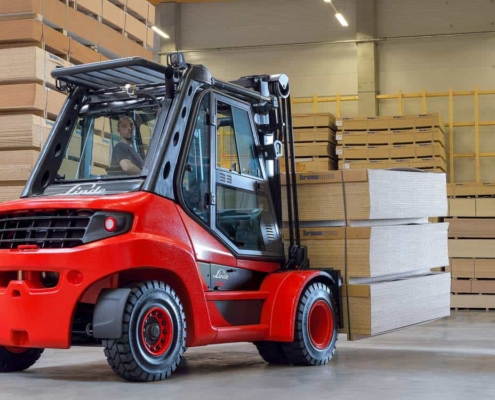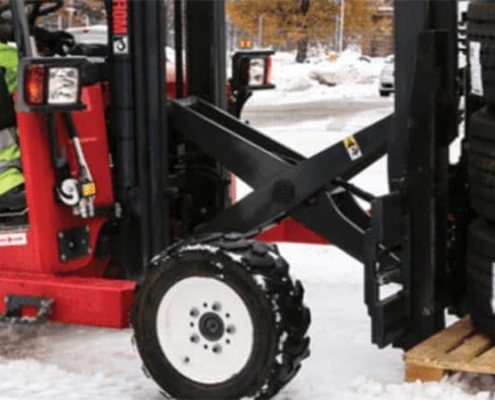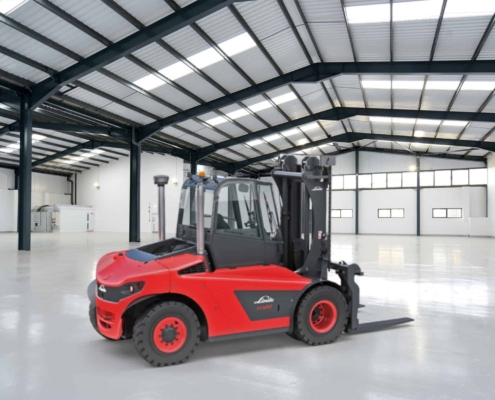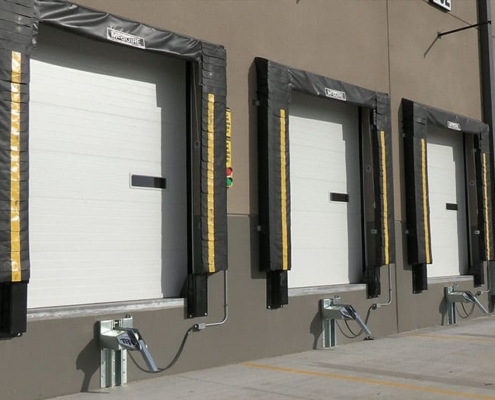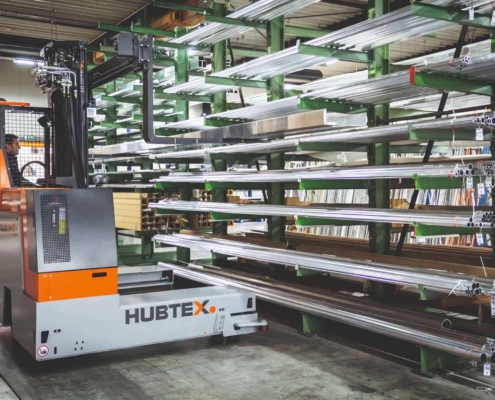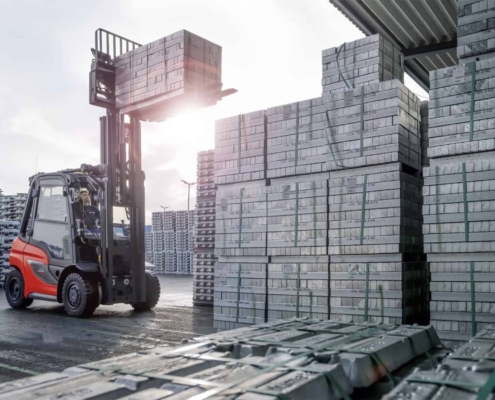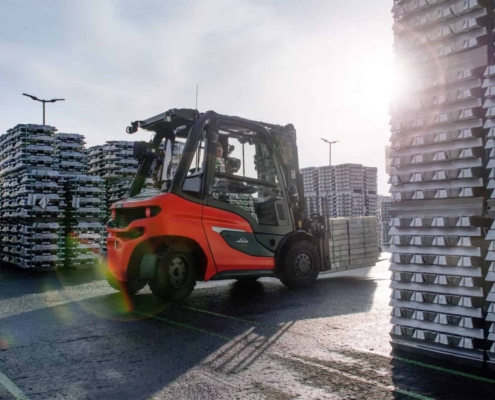The Role of Rough Terrain Forklifts
Rough terrain forklifts are purpose-built to perform where standard material handling equipment struggles. Equipped with large flotation tires and increased ground clearance, these machines are designed to tackle unstable surfaces like gravel, mud, sand, or uneven dirt lots. Their primary role across industries is to move heavy materials safely and efficiently in outdoor environments where weather, slope, and surface conditions can change daily.
More than just lifting power, rough terrain forklifts contribute to safer workspaces. Their enhanced stability reduces the risk of tipping on uneven ground, and their reinforced frames hold up under harsh conditions. By enabling reliable material transport in less-than-ideal environments, they help businesses minimize downtime, maintain timelines, and protect both workers and equipment.
Popular Sectors for Rough Terrain Forklifts
Rough terrain forklifts are critical tools across a wide variety of sectors. Their ability to adapt to rugged environments, transport heavy materials, and support productivity makes them a smart investment for operations that go beyond the warehouse floor. Let’s explore some of the most common industries that could benefit from using a rough terrain forklift.
Construction
Construction sites are rarely flat or predictable, with mud, gravel, and uneven surfaces presenting constant challenges for equipment. Rough terrain forklifts are built to thrive in these environments, providing powerful lifting capacity and stable navigation across unstable ground. From transporting pallets of bricks and steel beams to unloading heavy materials from delivery trucks, these machines play a vital role in keeping timelines on track and job sites organized and productive.
Agriculture and Farming
Farms, ranches, and vineyards often span acres of rough, varied terrain that changes with the seasons. Rough terrain forklifts offer farmers the power and reliability needed to handle heavy loads in muddy fields, on sloped pastures, or through narrow rows. Common tasks include moving hay bales, feed, harvest bins, and irrigation equipment. Their durability and high ground clearance make them indispensable tools for maintaining smooth daily operations across outdoor agricultural environments.
Lumber and Forestry
Sawmills, logging yards, and forestry operations require machinery that can carry heavy, oversized loads over rugged, debris-covered ground. Rough terrain forklifts are essential for transporting logs, planks, and other raw timber from felling sites to processing areas. These machines provide the strength, traction, and balance needed to navigate uneven lots while minimizing the risk of tipping or breakdowns. Their durability ensures continued operation, even in muddy or heavily wooded environments.
Oil, Gas, and Energy Sector
Oil fields, gas rigs, and remote energy installations are known for their harsh conditions and limited infrastructure. Rough terrain forklifts are ideal for transporting materials like drill pipes, rig components, and tools across dirt roads, gravel pads, and construction-heavy zones. Their tough design ensures equipment moves efficiently and safely in environments where traditional forklifts would fail. They help support productivity in critical operations where uptime, safety, and performance are non-negotiable.
Landscaping and Outdoor Contracting
Landscaping crews and contractors often work in undeveloped or off-road locations where terrain can range from soft soil to rocky slopes. Rough terrain forklifts allow teams to load and move materials like stone, mulch, plants, and debris with ease. Whether it’s setting up a large outdoor installation or hauling tools around a job site, these machines improve efficiency, reduce manual strain, and help professionals handle large, awkward loads with stability and precision.
Event and Venue Logistics
Outdoor events like concerts, fairs, sporting events, and festivals demand reliable logistics in unconventional spaces. Rough terrain forklifts are used to set up stages, unload tents, move fencing, and transport gear across grass, gravel, or turf. Their all-terrain capabilities and compact maneuverability help crews manage tight schedules and ever-changing layouts. Whether prepping a park or setting up in a field, they ensure smooth, efficient operation from setup to breakdown.


